Iran says considering EU’s offer of informal meeting with US, P4+1
A senior Iranian diplomat says the country is considering the European Union’s offer to host an informal meeting between Iran and other parties to the 2015 nuclear deal, with Washington also attending as a guest.
Iranian Deputy Foreign Minister Abbas Araqchi said EU Foreign Policy Chief Josep Borrell has expressed his readiness to invite the current parties to the JCPOA, namely the P4+1 and Iran, to attend an unofficial meeting to develop the future roadmap of the deal.
The US, which left the multilateral deal in 2018, will also be invited to attend the informal meeting as a guest, Araqchi said in a televised interview on Saturday night.
“Now we are considering Borrell’s offer, and are engaged in consultations with our other friends and partners like China and Russia,” he added.
However, the Iranian diplomat said, Tehran believes the US return to the JCPOA and the implementation of its commitments including the removal of sanctions do not need any negotiation.
“Certain technical talks and operational arrangements might be needed, which can be arranged by Borrell’s apparatus, but basically there is no need for talks,” Araqchi added.
“Anyway, we are considering Borrell’s offer and will declare our opinion once the consideration is over,” he said.
Ned Price, a spokesman for the State Department, said Thursday the Biden administration was willing to meet with Iranian officials and other world powers involved in negotiating the nuclear deal.
Price said Washington "would accept an invitation" from the European Union's top diplomat to attend a meeting aimed "to discuss a diplomatic way forward on Iran’s nuclear program."
So far, no meeting has been arranged yet, but Borrell has expressed willingness to invite the parties to engage in talks.
A State Department official, briefing reporters on the condition of anonymity, said on Thursday Washington would be represented at the meeting by Biden's special envoy for Iran, Rob Malley.
Biden also announced on Friday that the US was prepared to get engaged in talks with the “P5+1” on Iran’s nuclear program.
Hours later, Iran’s Foreign Ministry spokesman Saeed Khatibzadeh said “because of US withdrawal from JCPOA, there is no P5+1. It is now only Iran and P4+1.”
“Remember, Trump left the room and tried to blow it up. Gestures are fine. But to revive P5+1, US must Act: LIFT sanctions. We WILL respond. Here is the key sequence: Commit, Act, Meet,” he added in a tweet.
Iran to reduce IAEA access despite DG’s Tehran visit
In his Saturday remarks, Araqchi said the ongoing visit of Rafael Grossi, the director-general of the International Atomic Energy Agency (IAEA), to Tehran will not impact Iran’s decision to stop implementing the Additional Protocol to the nuclear Non-Proliferation Treaty (NPT) Safeguards Agreement as of February 23 as per a law passed by the Iranian parliament.
“Grossi’s trip to Tehran has nothing to do with Iran’s decision,” Araqchi said, adding that the visit is aimed at creating a “new order” in Iran-IAEA relations.
“Once the February 23 deadline arrives and Iran stops its voluntary implementation of the Additional Protocol, a new situation will be created in our ties with the IAEA,” he noted.
He said the IAEA director-general was the one who expressed interest in visiting Iran in order to establish a new form of cooperation between the two sides so as to minimize possible damages to Iran-IAEA collaborations.
Grossi announced on Tuesday that he was ready to visit Iran after the country informed the UN body of its decision to end voluntary implementation of the Additional Protocol on February 23 in line with the new law passed by the Parliament.
The IAEA chief said in a statement that the aim of the visit was to find a solution for the agency to continue to carry out its verification work under the 2015 Iran nuclear deal between Tehran and world powers, officially known as the Joint Comprehensive Plan of Action (JCPOA).
On December 1, 2020, Iranian lawmakers overwhelmingly voted in favor of the 'Strategic Action Plan to Lift Sanctions and Safeguard Interests of Iranian People,' which intends to counteract sanctions imposed on Iran. The bill became law after being endorsed by Iran’s Guardian Council.
According to the new law, the Iranian administration is required to suspend more commitments under the nuclear deal if the US sanctions are not eased by February 21.
A few hours before Grossi’s arrival in Tehran, Iran’s nuclear chief slammed the leak of confidential information of the member states to the International Atomic Energy Agency, urging the nuclear watchdog to review its mechanisms to prevent information leakage.
“Unfortunately, the leak of the agency's confidential information [on member states] to world media is an unpleasant trend that has been going on for years, and in this regard, the Islamic Republic of Iran has on numerous occasions submitted its verbal and written protests to the agency,” Ali Akbar Salehi said on Saturday.
The Iranian nuclear chief added that publication of such issues undoubtedly is driven by “political goals and motives.”
He emphasized that the IAEA should prevent the release of such issues under a professional approach while maintaining its impartiality.
'Gaza has won': Social media users react to ceasefire with mix of relief, joy
Iran seeks South Korea’s assistance for AI, fiber-optic projects
VIDEO | Iran's 'Eqtedar' (Power) maneuver
Israel hits HTS military target in Syria for 1st time since fall of Assad
VIDEO | Press TV's news headlines
Israel has slaughtered 13,000 students in Gaza, West Bank
VIDEO | More Zionist than Zionists: Biden’s legacy to be defined by Gaza genocide
Hamas confirms handing approval of Gaza ceasefire deal to mediators


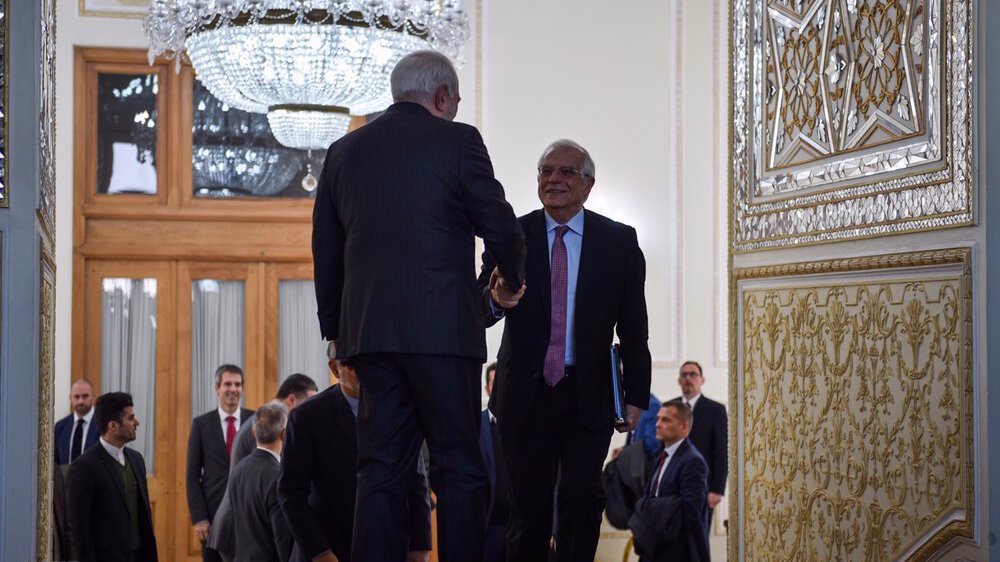




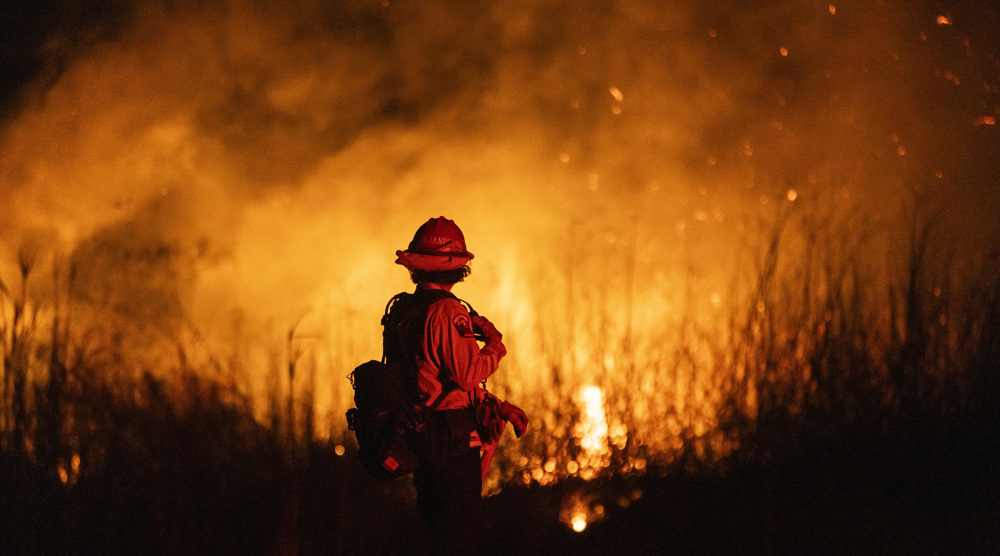



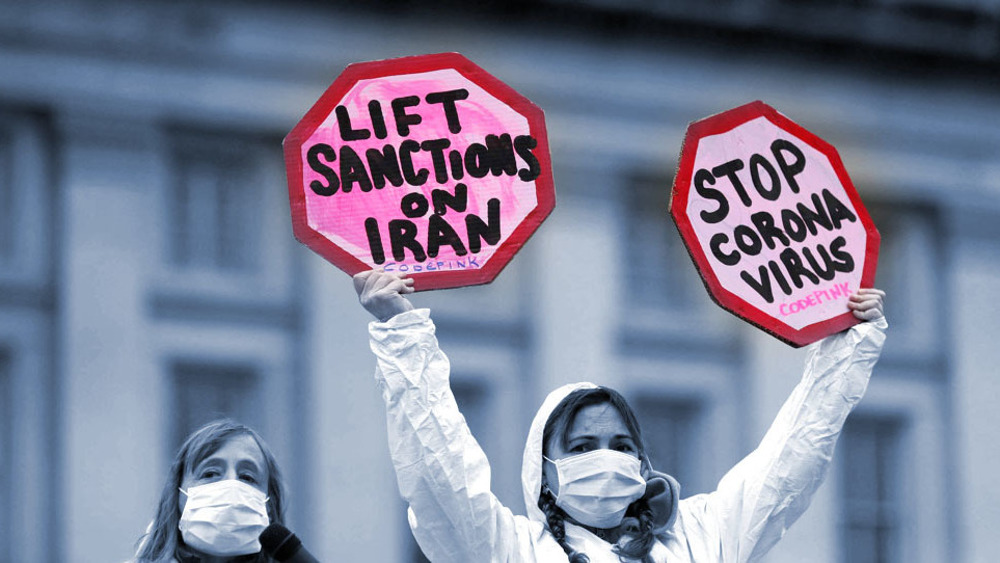
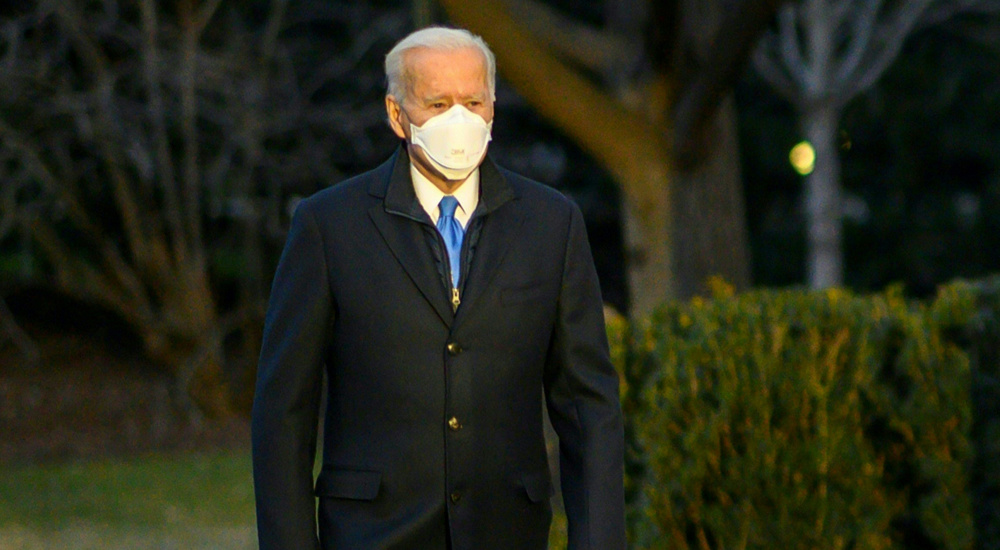
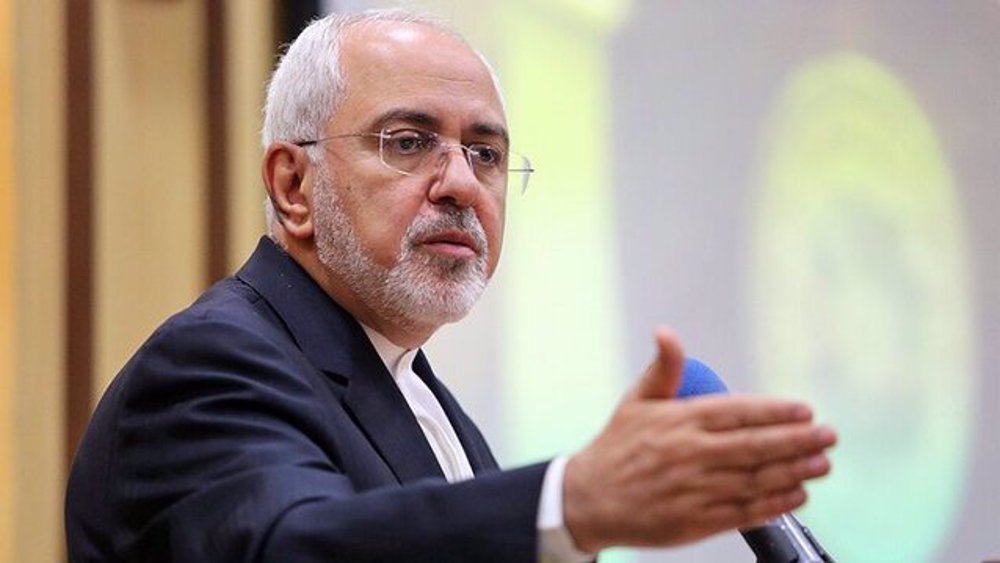

 This makes it easy to access the Press TV website
This makes it easy to access the Press TV website